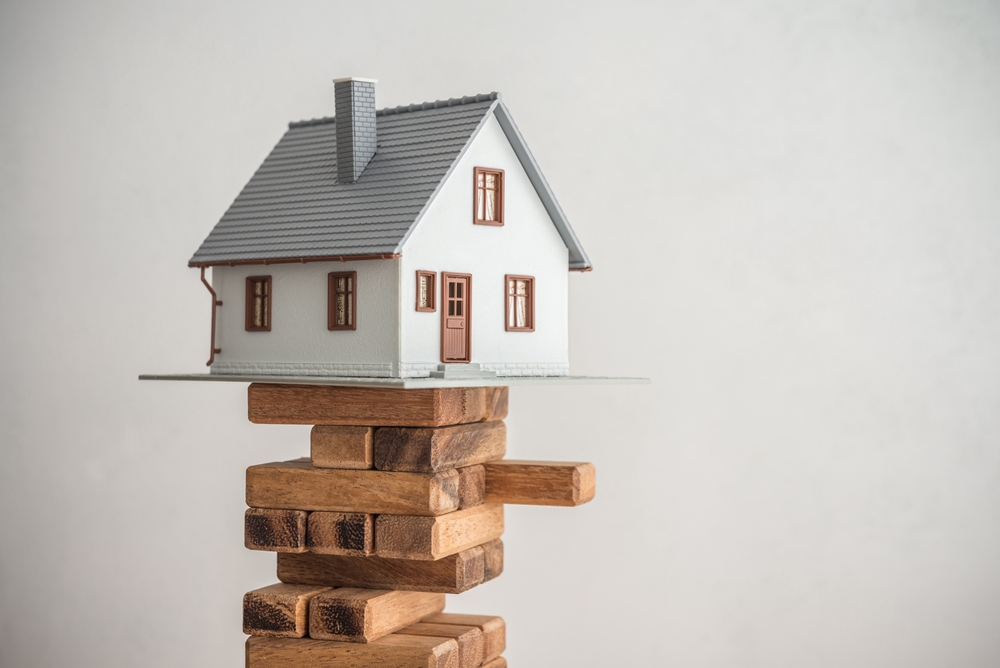Find Affordable Housing in Canada: Prefabricated Homes as a Smart Solution
As housing costs continue to rise across Canada, many are seeking innovative and cost-effective alternatives to traditional homes. Prefabricated homes, also known as prefab or modular homes, are emerging as a smart solution for Canadians looking for affordable housing options. These factory-built structures offer a unique blend of efficiency, customization, and potential cost savings. In this article, we'll explore the world of prefab homes in Canada, their benefits, types available, and important considerations for potential buyers.

What Are the Key Benefits of Prefab Homes for Canadians?
Prefabricated homes offer several advantages that make them an attractive option for Canadian homebuyers:
-
Cost-effectiveness: Prefab homes often come with a lower price tag compared to traditional stick-built houses. The controlled factory environment allows for efficient use of materials and reduced labor costs, which can translate to savings for the homeowner.
-
Faster construction: Since most of the building process occurs off-site, prefab homes can be completed in a fraction of the time it takes to build a conventional house. This means less time waiting and potentially lower financing costs.
-
Quality control: Factory-built components are constructed in a controlled environment, which can lead to higher quality and consistency in the finished product.
-
Energy efficiency: Many prefab homes are designed with energy efficiency in mind, incorporating features like improved insulation and high-performance windows. This can result in lower utility bills and a reduced environmental footprint.
-
Flexibility: Prefab homes come in various styles and sizes, allowing homeowners to choose a design that suits their needs and preferences.
What Types of Prefab Homes Are Available in Canada?
Canadian homebuyers can choose from several types of prefabricated homes:
-
Modular homes: These are constructed in sections or modules in a factory, then transported to the building site for assembly. Modular homes can range from simple single-story structures to complex multi-story designs.
-
Panelized homes: These homes consist of pre-built wall panels, roof trusses, and floor systems that are assembled on-site. Panelized construction offers more design flexibility than some other prefab methods.
-
Pre-cut homes: Also known as kit homes, these come with all materials pre-cut and ready for assembly on-site. They offer a high degree of customization but require more on-site labor.
-
Manufactured homes: These are built entirely in a factory and transported to the site on a permanent chassis. They must meet specific building codes and are often more affordable than other prefab options.
Where Can You Find Prefab Homes in Canada?
Prefab homes are available across Canada, with numerous manufacturers and retailers operating nationwide. Some popular regions for prefab home construction include:
-
British Columbia: Known for its eco-friendly designs and West Coast contemporary styles.
-
Ontario: Offers a wide range of prefab options, from urban infill projects to rural retreats.
-
Quebec: Features manufacturers specializing in energy-efficient and sustainable prefab homes.
-
Alberta: Provides prefab solutions well-suited for the province’s varied climate conditions.
-
Atlantic provinces: Offers coastal-inspired designs and homes built to withstand maritime weather.
To find prefab home providers, consider researching online, visiting home shows, or consulting with local real estate agents who specialize in alternative housing options.
What to Consider Before Buying a Prefab Home in Canada
Before investing in a prefabricated home, Canadian buyers should keep the following factors in mind:
-
Local zoning and building codes: Ensure that prefab homes are permitted in your desired location and meet all local regulations.
-
Land costs: Remember that the price of a prefab home doesn’t include the cost of land, which can significantly impact overall expenses.
-
Site preparation: Factor in costs for foundation work, utility connections, and any necessary site improvements.
-
Transportation: Consider the logistics and costs of transporting the prefab components to your building site.
-
Customization options: Understand the level of customization available and any associated costs.
-
Resale value: Research how prefab homes perform in the local real estate market compared to traditional homes.
Estimated Costs of Prefabricated Homes in Canada
The cost of prefabricated homes in Canada can vary widely depending on factors such as size, design complexity, and location. Here’s a general overview of cost ranges for different types of prefab homes:
| Type of Prefab Home | Estimated Cost Range (CAD) | Key Features |
|---|---|---|
| Modular Homes | $150 - $300 per sq ft | Highly customizable, quick assembly |
| Panelized Homes | $130 - $250 per sq ft | Flexible design options, faster on-site construction |
| Pre-cut Homes | $100 - $200 per sq ft | High level of customization, more on-site labor required |
| Manufactured Homes | $80 - $150 per sq ft | Most affordable option, limited customization |
Prices, rates, or cost estimates mentioned in this article are based on the latest available information but may change over time. Independent research is advised before making financial decisions.
It’s important to note that these costs typically don’t include land, site preparation, or utility connections. Additionally, factors such as location, finishes, and customization can significantly impact the final price.
Prefabricated homes offer a promising solution for Canadians seeking affordable housing options. With their potential for cost savings, energy efficiency, and faster construction times, prefab homes are becoming an increasingly popular choice across the country. By carefully considering the types available, location factors, and associated costs, prospective homeowners can make informed decisions about whether a prefab home is the right choice for their needs and budget.




